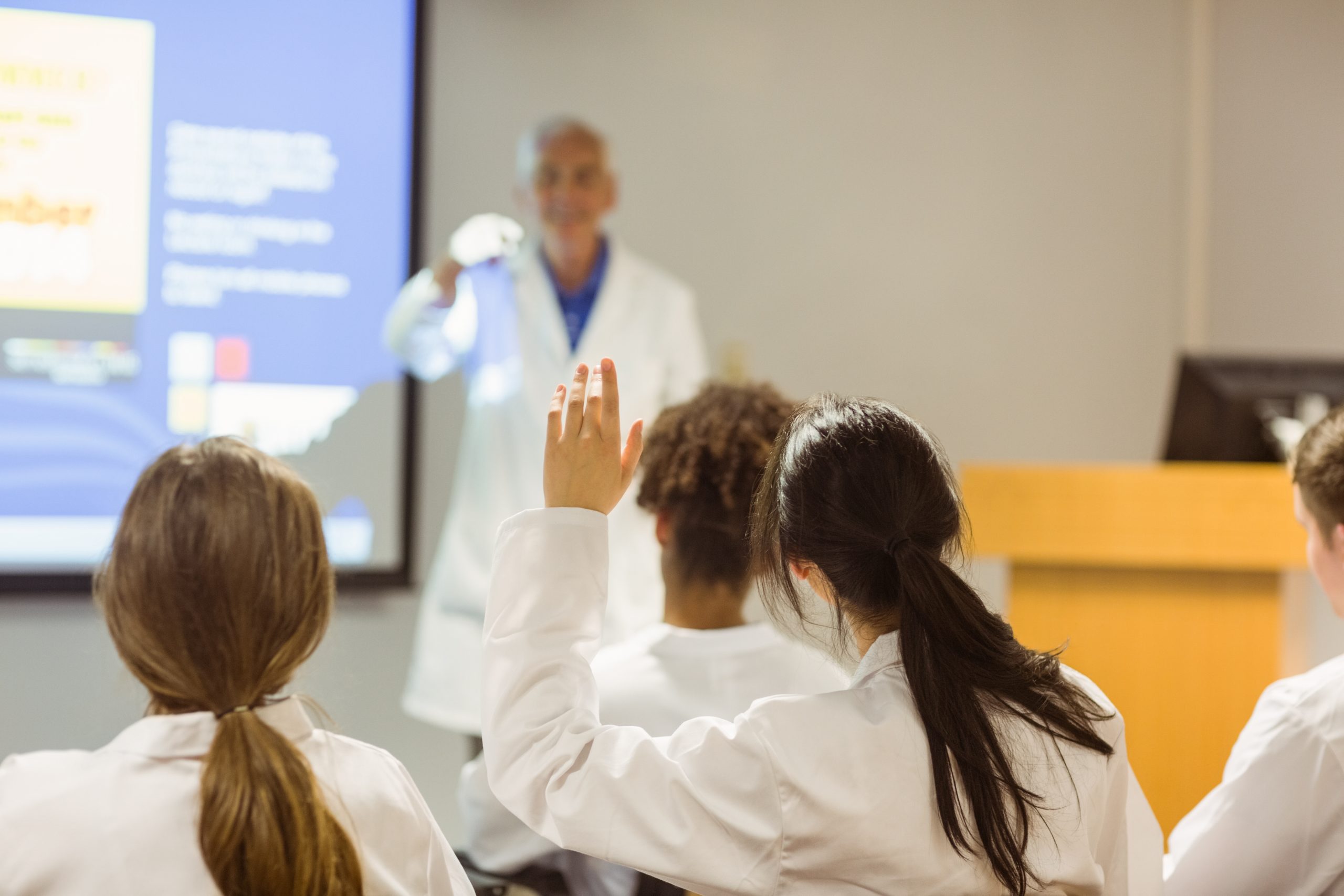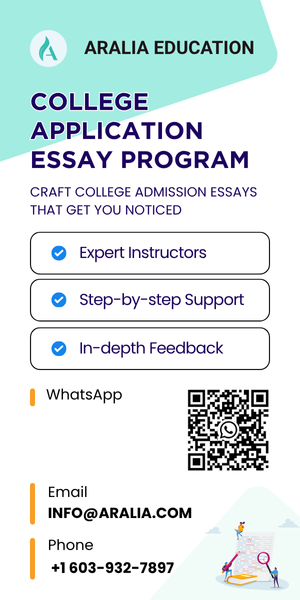1. What are some career paths within the medical field?
There are many full-time career choices within the medical field; you can refer to this complete medical career list. Below we provide some medical career paths requiring advanced training and degrees that may interest you. Additionally, there are other popular options within the medical field, depending on your interests and academic goals.
- Physicians refer to individuals who have earned a Medical Doctorate Degree and are certified to diagnose patients, provide them with care and treatment for illnesses and injuries, and prescribe necessary medications. There are two types of physicians: Doctor of Medicine (MD) and Doctor of Osteopathy (DO), and both treat patients with a range of medical issues.
- Registered Nurses (RNs) are at the front line of medical care, identifying patients’ needs, monitoring patients’ health and administering medications. To be qualified as an RN, you need to complete a bachelor’s degree in nursing, pass the NCLEX-RN certification exam, and become licensed in the state you practice in.
- Physician Assistants (PAs) are medical providers who work in collaboration with a physician and are licensed to diagnose and treat illnesses and prescribe medications. A master’s degree is the minimum requirement of education for a PA.
- Nurse Practitioners (NPs) are primary care providers who diagnose and treat patients. They can also prescribe medications, but this may require physician oversight in some states. An NP must hold a state RN license, complete a master’s degree in nursing, and pass a national certification exam.
2. How to Prepare for a Medical Career
Before diving into the topic of medical career preparation, we want to show you the journey from graduating high school through medical school. After high school, students will complete a bachelor’s degree and apply to a medical school using the American Medical College Application Service (AMCAS). During the application process, students will have to take the MCAT (Medical College Admission Test). Students will then pursue a 4-year medical school education, followed by a residency program that can last from three to seven years. During both medical school and residency, students must also pass the United States Medical Licensing Examination (USMLE), a three-part examination for medical licensure.
Towards the end of the residency program, residents will have the options to participate in a fellowship, which provides more specialized training, or start practicing medicine after obtaining a state license. In addition to the practicing medicine as a doctor, students can instead pursue a Ph.D. and focus on medical research.
Similarly, for aspiring Physician Assistants (PAs), you have to earn a bachelor’s degree along with having a few years of healthcare work experience before entering a PA program. After graduating from a PA school, which usually takes three years to complete, you need to pass the Physician Assistant National Certifying Exam (PANCE) and obtain certification to become a PA.
Your journey may look a little different if you are interested in becoming a Registered Nurse (RN) or a Nurse Practitioner (NP). You will need to first obtain a Bachelor’s in Nursing (BSN), which often takes four years to complete. Then, you will take the NCLEX-RN certification exam and get licensed to be an RN. After becoming an RN, you can go on to pursue a master’s degree in nursing and pass an NP Certification from one of the certification boards to be qualified as an NP. Some graduate schools require several years of nursing experience for the applicants to be admitted into their NP programs. Most Master’s in Nursing (MSN) take two to three years to complete.
Direct entry MSN programs that do not require a BSN or nursing experience do exist. In these programs, students first take the coursework to become an RN and gain relevant clinical experience through the program. Another option for future NPs is to get a Doctor of Nursing Practice (DNP), which is the highest education level for nursing and can give you more opportunities for leadership positions.
There are many ways you can plan ahead in high school and be more prepared for your future medical career:
General Academics
A rigorous curriculum is highly encouraged for high school students, regardless of whether they are pursuing a Pre-Med track or a regular BA or BS degree in college. Let’s take a look first at the Pre-Med courses to see which prerequisites students have to take to be qualified for medical school:
- Biology
- Physics
- Chemistry (General chemistry + Organic chemistry)
- Biochemistry
- Laboratory science classes
- English
- Math
Remember that this is not the standard across all medical schools; the requirements may vary by school.
For example, Harvard Medical School asks for the completion of Behavioral Sciences (e.g., psychology, sociology, etc.). Full requirements:
- Behavioral Sciences: Psychology, Sociology
- Biology: one year of lab experience, should include cellular and molecular aspects
- Chemistry/Biochemistry: two years of lab experience, including inorganic, organic chemistry, and biochemistry.
- Physics: one year of optional lab experience
- Math: one semester of Calculus and Statistics each
- Writing: one year of writing
These required courses are not only necessary prerequisites for students to become a doctor in the future but are also helpful for the MCAT exam, which provides medical school admissions offices information regarding the student’s problem solving and critical thinking skills as well as and knowledge of natural, behavioral, and social science concepts.
So, during high school, what coursework should you take in preparation for medical-related programs in college—or if you’d simply like to explore whether you want to pursue a career in the medical field?
Taking STEM Coursework
Since the pre-med track classes are mostly science classes, students should take as many STEM courses as possible in high school to explore their interests and specialization. Students typically take science courses (such as chemistry, biology, and physics) and math courses (such as calculus and statistics). Within those subjects, students should complete and earn a high score in the most advanced courses, either Advanced Placement or International Baccalaureate classes, depending on what the school offers.
Taking advanced STEM classes in high school gives you a leg up over other students by either allowing you to skip introductory courses during your freshman year or if you choose to take the introductory courses, the advanced classes in high school provide a preview of the course material, enabling you to have a higher GPA. Medical schools will look at your GPA and level of the BCPM courses you took in college (Biology, Chemistry, Physics, and Math) in evaluating your ability to handle medical school.
Non-STEM coursework
Non-STEM coursework is also necessary when applying for medical school. We mentioned above that Harvard University requires its students to have at least one year of writing courses. Some programs will also ask you to complete Humanities or Social Science courses focusing on writing.
Good writing skills not only help high schoolers creatively express themselves in the personal statement during application but are also essential in their future medical career. Graduate students practice writing with empathy, and doctors carefully choose their words when writing reports.
Extracurricular activities
- Science clubs: Biology Club, Chemistry Club, Physics Club, Math Club, Science Club, etc.
- Specialized Organizations: Medical Explorers, HOSA
Science clubs are the most straightforward options for students who are developing their resumes for college applications. Offered at many schools, science clubs can provide you with tremendous opportunities such as access to high school competitions, internships, and networking. However, with the variety of choices, students should not join every student organization offered by the school. Choose one to two organizations that you want to dedicate your time and effort to. Then, deepen your engagement over time by taking more responsibility and assuming leadership positions.
For students that don’t know, Medical Explorers is a program that guides students through the health care industry and helps students understand what it is like to work in health care. Students will learn about different medical professions in planning their future education. Depending on the chapter you participate in, you will have access to other opportunities like networking, internships/externship, etc.
HOSA is another great organization for high school students with an interest in health care. HOSA is a global student-led organization recognized by the U.S. HOSA provides unique competitive events for secondary, postsecondary, middle school, adult, and collegiate students enrolled in health science education and biomedical science programs or interested in pursuing careers in health professions.
For students interested in nursing schools, having relevant volunteer experience in a healthcare setting will make you stand out among other applicants, as nursing education often emphasizes individual patient care. Some hospitals offer volunteer opportunities in the summer or as year-round programs, where high school students can assist healthcare professionals in supporting patients. Be sure to check the websites of local hospitals for more information.
Internships and Research
The best way to discover your interest and passion in the medical field is through conducting research and participating in internships. Even though having training or research is not required, being proactive and finding such opportunities will help you stand out and show the college admission officers that you’re passionate about the field. If you are having trouble finding internships, refer to this complete guide to internships and externships , along with some internship opportunities in STEM. Since you are a full-time student, take advantage of the summer to make your application stand out with medical-related activities.
If you want to pursue independent research in high school, you should first find a research mentor. A research mentor is someone who gives you general guidance and mentorship at the beginning, helps you develop a research structure, and finds resources. Finding research topics is the next step. Narrowing a specific topic within your interest will help you with in-depth research and discover eye-opening insights. Read more about How to Pursue a Research Interest here.
Attend a Pre-College High School Summer Program
High School Pre-College Summer Programs are immersive, collaborative, and transformative summer experiences. This is the opportunity for students to explore college life at their dream school while experiencing learning medical subjects in an immersive setting with expert professors.
Graduating from the program, students will receive hands-on learning from renowned professors in their field of expertise, explore suitable future careers, and be more prepared for the college admission process. By attending a Pre-College Summer Program at your dream school, you will have a huge advantage in the college application process because you will get to know the best aspects of your dream school and gain insights into the academic and social life there.
Medical-related summer programs can range from research-focus or subject-focus, where students will conduct research with professors for the summer, to simply taking classes you’re interested in. Examples are Tufts Summer Research Experience, The University of Chicago – Researching the Biological Sciences (RIBS), and Johns Hopkins Engineering Innovation.
3. Popular Undergrad Majors for Medical Students
The medical world offers a variety of majors for students with different interests. Most people will choose the science route, but there is nothing wrong with combining a science major and humanities minor, as you will receive a more well-rounded education. Examples of minors can be anywhere from Spanish to Design. For students looking to become a Registered Nurse or Nurse Practitioner, you will likely pursue an undergraduate-level degree in nursing.
Here are some popular majors for pre-med track students:
Biology: According to the Association of American Medical Colleges (AAMC), more than half of med-school applicants and matriculations major in biological science. This is understandable because Pre-Med and Biological sciences requirements are often overlapped. With a Biological Sciences major, you will be introduced to the biology of living substances; therefore, you can pursue a variety of careers with a foundation in biology.
Physical Sciences: Physical Sciences include Physics, Chemistry, and other Physical Sciences field related to physics. As mentioned above, Physical Sciences and Biology have course requirements that overlap with Pre-Med courses.
Math and Statistics: Math and Statistics courses are important when applying to medical schools, especially when you take the MCAT exam. Math and Statistics do not directly relate to Pre-Med or advanced medical degrees. However, excelling in Math will give you a logical thinking process and problem-solving mindset, which is crucial in any major, especially when following a Pre-Med track. Math and Statistics students commonly have the highest MCAT scores and GPAs among all applicants when applying for medical schools.
Humanities: Humanities is a less popular major than other science majors; however, students with humanities majors who later pursue a medical career are more likely to be personal and well-rounded.
Overall, any other major can help you enter the medical field, as one-third of students who apply to medical schools do not study any natural or social sciences.
The path to becoming a medical professional takes years of hard work but is also rewarding. By taking the above steps in high school, you will have more time to learn about what a career in medicine is like and develop a strong background that sets yourself up for success in the healthcare industry!
The course will survey various important skills found in high school chemistry courses, including honors, Advanced Placement (AP), or International Baccalaureate (IB) chemistry. Rather than focusing on just the concepts that students encounter during the first month of a chemistry course, we will skip around to the skills that truly distinguish the strongest students.
The course will cover biochemistry, genetics, molecular biology, and cell biology. Students will apply basic principles to understanding human biology, including the structure and regulation of genes, the structure and synthesis of proteins, and multicellular systems.
Introduce student(s) to biology, focusing on biochemistry, cellular biology, genetics, DNA, and gene expression. Students should be able to discuss, display what they know/have learned through writing short reflections, and take short quizzes the next session. This is done to check that the student is comprehending and retaining the information.











